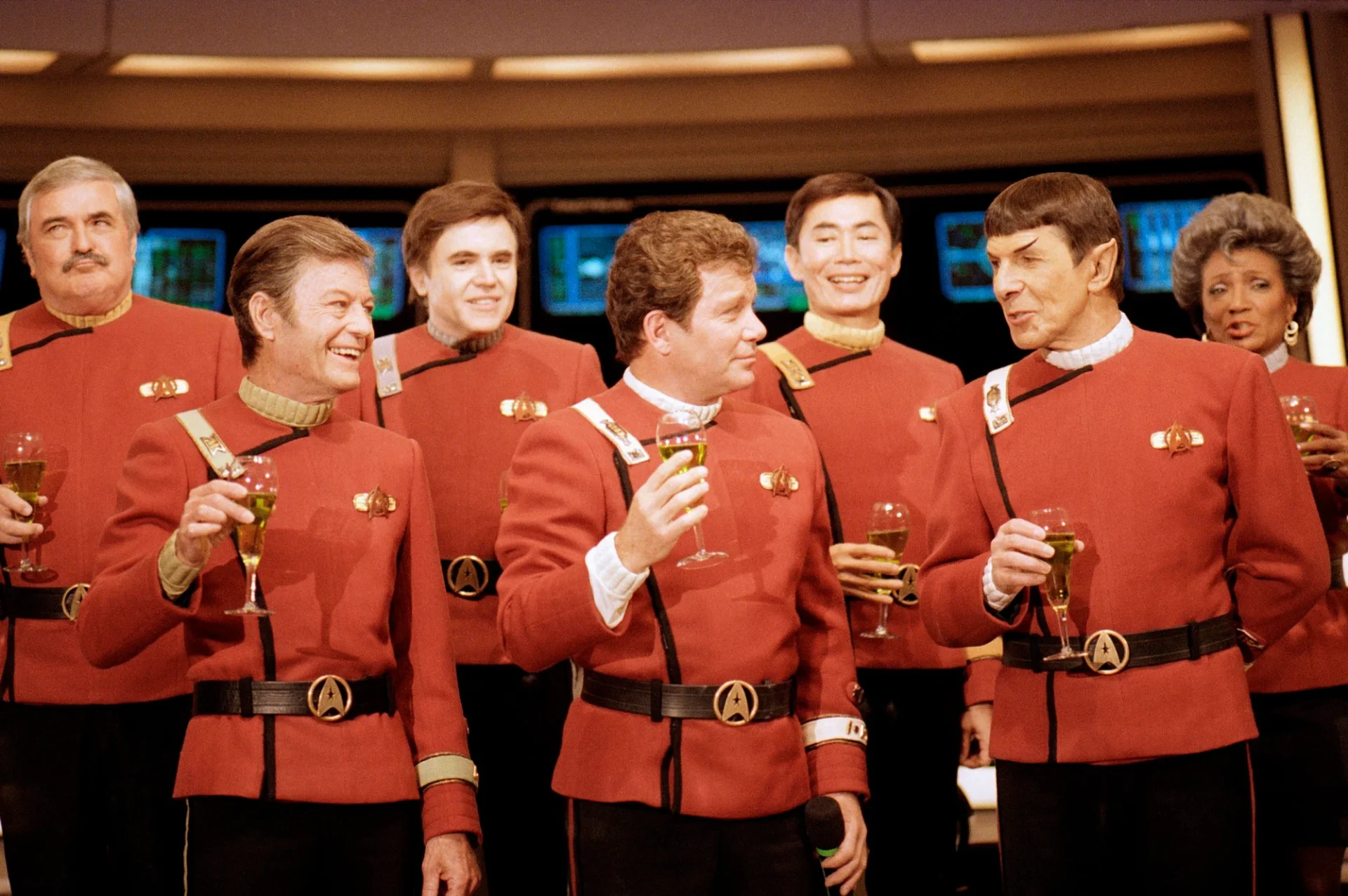The incarceration of 120,000 Japanese-Americans, including children, labeled enemies during World War II, has left a lasting impact on the Japanese-American community. George Takei, famously known for his role as Hikaru Sulu on Star Trek, is dedicated to sharing this story whenever possible. “I consider it my mission in life to educate Americans on this chapter of American history,” he says. Takei fears the lessons of this failure in US democracy have not been fully learned, even among Japanese-Americans. “The shame of internment is the government’s. They’re the ones that did something unjust, cruel, and inhuman. But often, the victims take on the shame themselves,” he explains.
Takei, 87, has released a new picture book for children aged six to nine, titled My Lost Freedom. Illustrated in soft watercolors by Michelle Lee, the book reflects on Takei’s own experiences. He was four years old when President Franklin D. Roosevelt signed Executive Order 9066 on February 19, 1942, following the Japanese bombing of Pearl Harbor. The order declared anyone of Japanese descent an enemy of the United States, leading to their forcible removal from homes on the US western seaboard. Takei spent three years in camps, behind barbed wire and guarded by soldiers. “We were seen as different from other Americans. This was unfair. We were Americans, who had nothing to do with Pearl Harbor. Yet we were imprisoned,” Takei writes.
David Inoue, executive director of the Japanese American Citizens League, emphasizes the ongoing relevance of Takei’s message. He notes that discrimination persists today, evident in the anti-Asian attacks during the COVID-19 pandemic. Inoue recalls his son facing taunts similar to those he endured growing up. “Books like this humanize us. They tell stories that show we’re just like any other family,” Inoue says.
After Japan surrendered, Takei and his family, like all Japanese-Americans freed from the camps, were each given $25 and a one-way ticket to anywhere in the US. They chose to start anew in Los Angeles. In 1988, the Civil Liberties Act granted redress of $20,000 and a formal presidential apology to every surviving US citizen or legal resident of Japanese ancestry incarcerated during the war. Takei’s voice chokes with emotion when recalling how his father did not live to see this acknowledgment.
Takei also takes pride in the diversity depicted in Star Trek, a series that began in the mid-1960s and developed a devoted following. Creator Gene Roddenberry aimed to reflect the turbulent times and the civil rights movement metaphorically. “Different people, different ideas, different tastes, different food. He wanted to make that statement,” Takei says. His father taught him that the government “of the people, by the people, and for the people,” as President Abraham Lincoln described, could also be fallible. “Even a great president like Roosevelt got stampeded by the hysteria and racism of the time and signed Executive Order 9066,” Takei reflects.
READ MORE:
